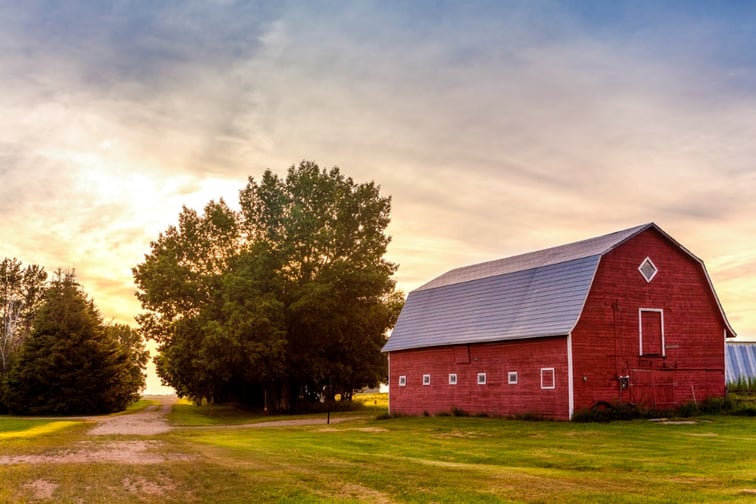

Saskatchewan’s drought-stricken farmers have access to ‘record’ insurance coverage.
That is according to Jeff Morrow, acting president and CEO of the Saskatchewan Crop Insurance Corporation (SCIC).
“There is record coverage available for farmers dealing with droughts,” Morrow told Insurance Business.
“Our average coverage per acre is $446 for about $14 in premium. This is record coverage that’s available for producers that are impacted by the dry conditions in 2023,” Morrow said.
Morrow spoke to Insurance Business as Saskatchewan’s farmers face up to difficult conditions, with around 20 regional municipalities reportedly having declared an agricultural state of emergency or agricultural disaster.
Dry heat has been driving a decrease in crop yield potential in many parts of the province, according to the latest available crop report, covering July 18 to July 24. Grasshoppers, gophers, strong winds, and hail have added to crop stress, as per the Saskatchewan government.
In response to ongoing conditions, Crown corporation the SCIC has allowed for low-yielding crops to be repurposed as livestock feed without having a negative impact on future insurance coverage for the farmer. It’s a move that is most likely to benefit producers that bale, silage or graze their crops and should go some way to assist in arid conditions and grasshopper damages, according to Morrow.
A similar initiative back in 2021 enabled more feed production and helped to shore up winter feed supplies for livestock producers.
While severe drought conditions can add to stress for agricultural producers, insurance cover is intended to provide some backstop to ease concerns.
The SCIC’s AgriStability program now pays out higher compensation rates, according to Morrow.
“If a producer’s margin falls below their historical reference margin, they will receive 80 cents for every dollar of loss,” Morrow said. This is an increase from 70 cents for every dollar lost that was previously instated.
Producers that have signed up for AgriStability and need to access some of their benefits early are able to apply for an interim payout.
The provincial and federal governments have been called on to assist farmers affected by drought.
“The Ministry of Agriculture is looking at a lot of options to support farmers, over and above our risk management programs we have here at the SCIC,” Morrow said.
The minister has urged the federal government to perform an AgriRecovery assessment to locate any other potential program responses.
AgriRecovery is a federal-provincial-territorial disaster relief framework intended to work together with the core Business Risk Management (BRM) programs to help agricultural producers recover from natural disasters.
The government of Saskatchewan has also requested an early designation of the federal livestock tax deferral program.
“That’s really to provide producers that are facing potential feed shortages with more options if they need to liquidate some of their herd due to the drought conditions they’re experiencing,” Morrow said.
“The ministry has also frozen the rate that’s charged to produce some of the crown land for pasture. If drought conditions continue, producers may not be able to put the number of cows out to graze all those acres and they would qualify for a rebate on those rates.”
Like Saskatchewan, Alberta has also had municipalities declare agricultural disasters.
In Quebec, farmers have called upon the federal government to help stabilize production during a period of erratic weather patterns that are affecting crops, especially berry producers.
"We know that this weather is going to be our ‘new normal,’ so we need to be more prepared,” said Stéphanie Forcier, director at the Association des producteurs de fraises et de framboises du Québec.
“We need to have better insurance programs for the farmers.”
